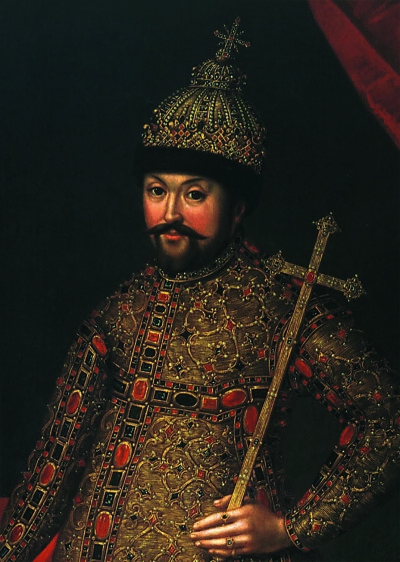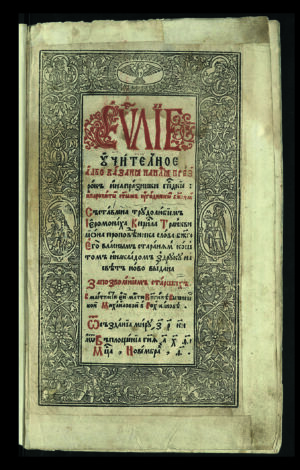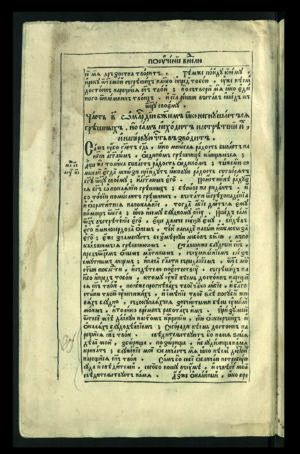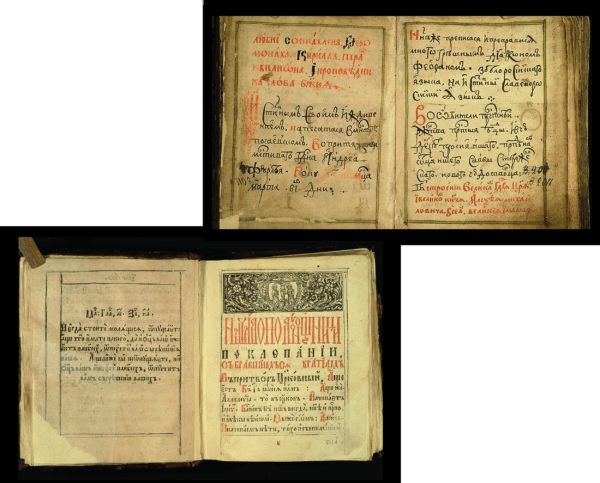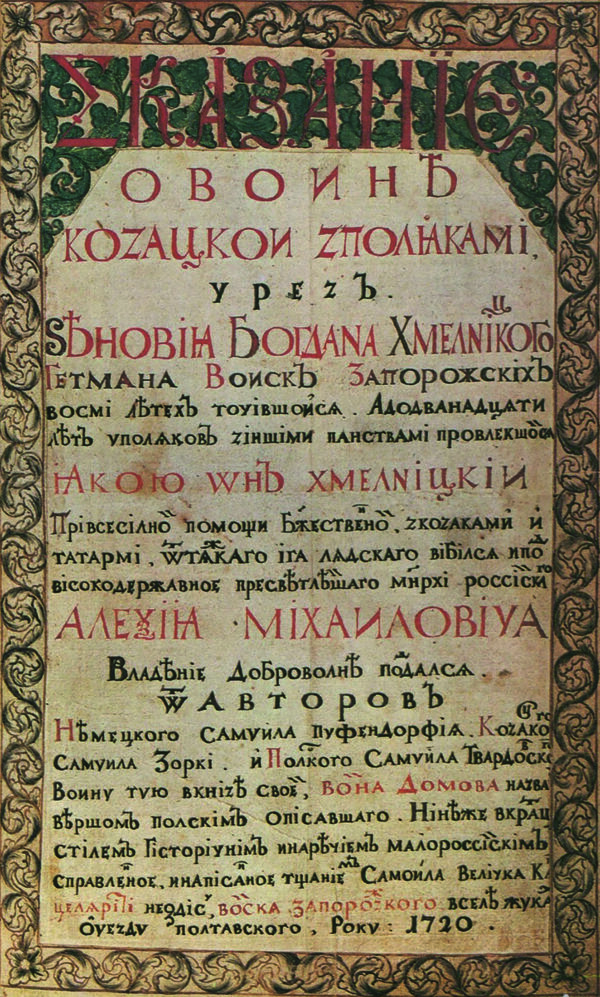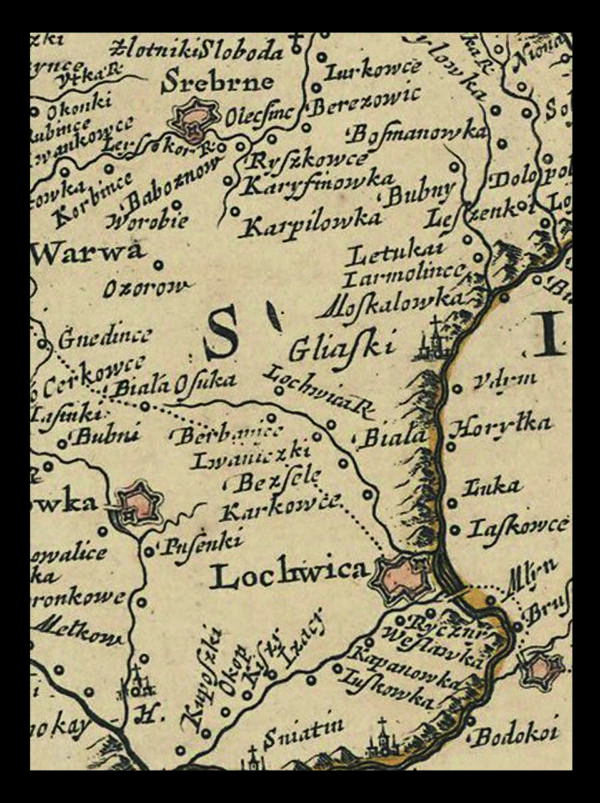1627. One of the first acts of linguocide of the Ukrainian language (in total, there were 134 of them before Ukraine gained independence).
By decree of the first Moscow tsar from the Romanov dynasty – Mikhail Fedorovich, it was ordered to collect and burn Ukrainian printed books in fires.
“Oh, dear Bohdan,
If I had known
That you would bring us doom,
I would have choked you in your crib,
Benumbed you in my womb!”
“The excavated mound” – poem of T. Shevchenko (translator’s note: Translated from Ukrainian by С.H. Andrusyshen and Watson Kirkconnell)
1653. The Zemsky Sobor in Moscow decides to accept the Hetmanate (i.e. Ukraine) into the Moscow tsardom.
The Pereyaslav Rada of 1654, convened by Bohdan Khmelnytsky, the documents of which were lost or destroyed, records a short-term, situational military alliance with Moscovy with the preservation of all the rights of the Hetmanate.
But this was enough for the future Russia to repeatedly violate all conditions in the next 120 years, completely seize Ukraine and destroy its statehood.
Already in 1658, the Moscovites invaded Ukrainian lands with an army of up to 100 thousand. Genocide acts were committed when capturing Ukrainian cities.
On April 26, 1659, Prince Semyon Pozharsky ordered the massacre of the entire civilian population of the occupied Sribne, one of the large cities of that time (up to 3,000 people). The Moscovites plundered all the estates, and the survivors were taken prisoner.
“… he took the city of Sribne, and some of the inhabitants were slashed to death, and others were taken prisoner with all their possessions.”
Similarly, the Moscovites killed and robbed the local population and burned Chornukhy and Borzna.
“Prince Baryatinsky, having slaughtered about 15,000 souls… of the population in Ukraine, asked the Moscow Tsar for permission to “flog and burn out” all Ukrainians for 150 miles around Kyiv”
Геннадій Карпов (російський історик) «Критический обзор разработки главных русских источников, до истории Малороссии». Москва: Тип. Грачева и комп., 1870.
In the period from 1685 to 1722, through intrigue and falsification, Moscovy captured the Kyiv Metropolitanate, deprived it of autonomy, and reduced it to an ordinary controlled diocese.
In 1654, Ukrainians had one of the highest levels of general education in Europe. 80% could read and write. In 1702, only 20% of Ukrainians were literate.
Together with the Ukrainian church (one of the main levers of influence on Ukrainians), “the educational and cultural life of Ukraine at that time” came under the complete control of Moscovy, “in order to bring Ukraine closer and make it similar to the same landlord, slave state of Moscovy”.
historian Mikhail Grushevsky
The establishment of control over the Ukrainian church was accompanied by the destruction of Ukrainian historical heritage by the Moscovites.
On the night of April 21-22, 1718, according to testimony preserved by Archpriest Petro Lebedyntsev, Moscow envoys of Peter I, disguised as monks, set the Kiev-Pechersk Lavra on fire.
The fire, in addition to the large church, destroys the printing house, the first printed publication of which is dated back to 1616, and the library with thousands of precious books, manuscripts and historical documents, including charters and grants of Ukrainian hetmans, Lithuanian princes, and Polish kings.
Thus, the Moscovites destroyed hundreds of pieces of evidence that the Kyiv metropolitans were elected at a council in Kyiv, were confirmed in Constantinople, and were titled “Metropolitans of All Rus,” while the Lavra was completely independent for centuries.
In confirmation of this, the Arab traveller Paul of Aleppo wrote back in 1654 that Archimandrite Pechersky had ancient letters from “the Patriarchs of Constantinople for almost 500 years.”
1720. Peter I issued a decree on censorship of Ukrainian book publishing, which required unification with Moscovite language versions and suspended the work of the restored Lavra printing house for decades.

